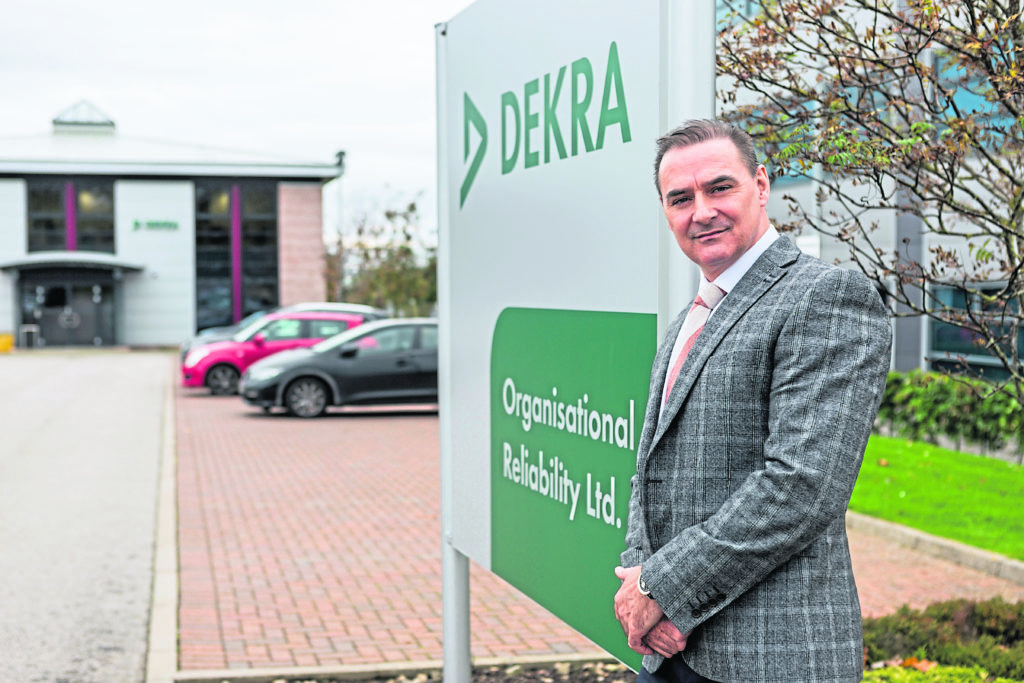
It is difficult, no matter where you source your information, to avoid talk of all things Brexit in our current national discourse.
It is a subject matter that can motivate huge passion and complete apathy in equal measure.
We currently have clients to whom the consequences of Brexit are very real – and not being experienced positively.
The famous American football coach Vince Lombardi said: “Confidence is contagious, but so is a lack of confidence”.
These clients are experiencing in real terms the business consequences that a lack of confidence in being predictable brings.
If organisations are to emerge on the front foot and with confidence, then what is needed during this period of uncertainty is organisational resilience – the ability to anticipate, prepare for, respond and adapt to incremental change and sudden disruptions to survive and prosper.
Resilience is required for businesses to respond to disruptions and positively adapt in the face of challenging conditions.
Leaders need to both insure against bad events while, at the same time, adapt and change before the cost of not doing so becomes too great.
Brexit will be a mild distraction for some, and a significant disruption for others, leaving leaders needing to offer foresight and insight to their people on how the organisation intends to respond.
A core function of leadership involves helping people understand the nature of the challenges confronting the organisation and selecting appropriate responses. Einstein is thought to have said: “If I had an hour to solve a problem, I’d spend 55 minutes thinking about the problem and five minutes thinking about solutions.”
Many organisations we work with struggle to identify the nature of the real problems they’re confronted with, and instead jump straight
into solutions.
Being very clear about how Brexit practically affects your organisation will assist in defusing the corrosive emotional assumptions made in the absence of clarity.
It will also give those within the organisation awareness and understanding of how they need to adapt – not just to bounce back, but to bounce forward, to grow and to prosper.
Workforce involvement and engagement is fundamental in ensuring organisations are not only consistently informed, but also emerge post-Brexit on the front foot and energised.
Leaders need to be competent and with a deep understanding of the non-technical skills they need to show to protect their people from the stress of disruption, while motivating and inspiring them.
Waiting out the storm is no longer an option.
Transparency, trust, involvement and engagement are organisational attributes that underpin a culture of care where people are genuinely
seen as being at the heart of the solution, and where having care as an input creates resilience as one of many outputs.
Eddie McCullough, Senior Vice President – Operations, DEKRA Organisational Reliability Ltd.
Recommended for you
